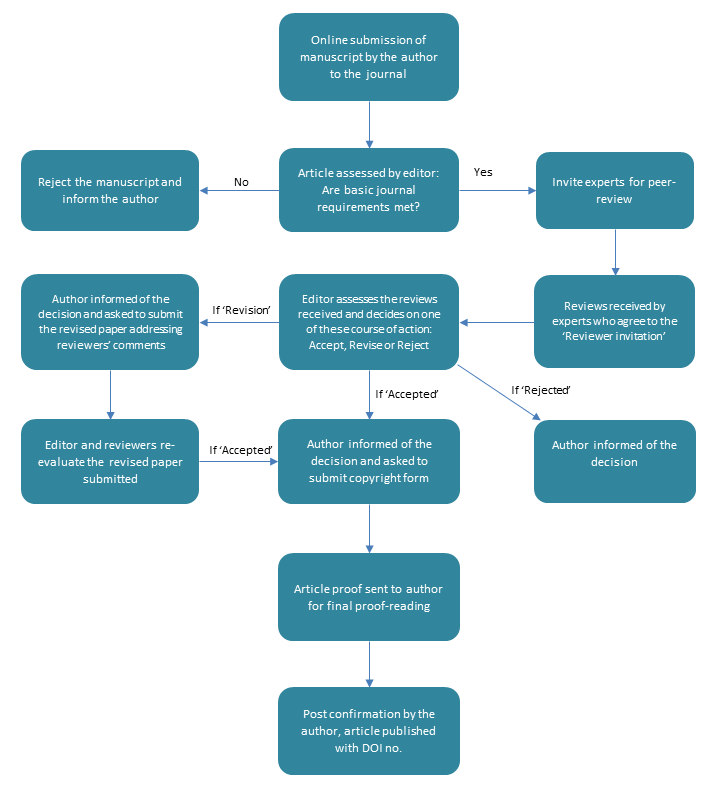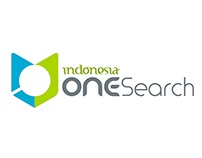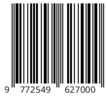- Focus and Scope
- Section Policies
- Peer Review Process
- Publication Frequency
- Open Access Policy
- Archiving
- Publication Ethics
- Retraction Policies
- Author Fees
Focus and Scope
In general, it's focus and scope is on research that deals with discussions on Indonesian language teaching and learning, and on pure linguistics and literature. Topics that are accepted for publication can be in the following areas:
- education and literacy,
- curriculum and materials development,
- professional development,
- policy and practice in assessment,
- language skills and language components,
- genre-based language teaching and literature,
- Indonesian language for foreign speakers,
- technology-enhanced language learning,
- literature studies, and
- linguistics studies.
Section Policies
Article
Peer Review Process
Transformatika: Jurnal Bahasa, Sastra, dan Pengajarannya is an e-journal published by Universitas Tidar. The research article submitted to this online journal will be peer-reviewed by at least 2 (two) reviewers. Every article that goes to the editorial staff will be selected through initial review processes by the Editorial Board. Then, the articles will be sent to peer reviewers (Mitra Bestari) and will go through the next selection by the double-blind review process. After that, the articles will be returned to the authors for revision. These processes take a month at most. In each manuscript, peer reviewers will be rated on both substantial and technical aspects. The final decision on article acceptance will be made by editors according to reviewers' comments. Peer reviewers collaborating with Transformatika: Jurnal Bahasa, Sastra, dan Pengajarannya are experts in linguistics, literature, and their teaching area, as well as related issues. They have experience in prestigious journal management and publication that has been spread nationally and internationally.
Journal Peer-review Process

Publication Frequency
Transformatika: Jurnal Bahasa, Sastra, dan Pengajarannya was published tfour times a year (quarterly) in March, June, September, and December
Open Access Policy
This journal is an open access journal which provides immediate, worldwide, barrier-free access to the full text of all published articles without charge readers or their institutions for access. Readers have right to read, download, copy, distribute, print, search, or link to the full texts of all articles in Transformatika: Jurnal Bahasa, Sastra, dan Pengajarannya. This journal provides immediate open access to its content on the principle that making research freely available to the public supports a greater global exchange of knowledge.
Archiving
This journal utilizes the LOCKSS system to create a distributed archiving system among participating libraries and permits those libraries to create permanent archives of the journal for purposes of preservation and restoration. More...
Publication Ethics
This statement clarifies the ethical behavior of all parties involved in the act of publishing an article in our journals, including the authors, the editors, the peer-reviewers, and the publisher. This statement is based on COPE’s Best Practice Guidelines for Journal Editors.

Articles published in Transformatika: Jurnal Bahasa, Sastra, dan Pengajarannya are an essential building block in the development of a coherent and respected network of knowledge on education, and those are a direct reflection of the writers and institutions quality. It is therefore important to agree upon standards of expected ethical behavior for all parties involved in the act of publishing: the authors, the journal editors, the peer reviewers, the publisher, and the society. Editors of Transformatika: Jurnal Bahasa, Sastra, dan Pengajarannya are committed to guaranteeing that all procedures are directed merely to facilitate an objective and intellectual treatment. Further, the editors and reviewers evaluate manuscripts without regard to race, gender, sexual orientation, religious belief, ethnic origin, citizenship, or certain political and group interest.
Duties of Authors
- Have the responsibility of ensuring only new and original work is submitted.
- Must not reproduce work that has been previously published in other journals.
- Must not submit any articles that are being reviewed or considered by the journal to other journals simultaneously.
- Are only allowed to publish their work elsewhere after receiving a formal rejection from the journal or if their request to withdraw their work is officially accepted by the journal.
- Must inform the Chief Editor or the publisher of any inaccuracy of data in their published work so that correction or retraction of the article can be done.
- Should make significant contributions and be held accountable for any shortcoming in their work.
Duties of Reviewers
- Must disclose any competing interest before agreeing to review a submission.
- Can refuse to review any submission due to a conflict of interest or inadequate knowledge.
- Review all submissions objectively, fairly, and professionally.
- Reveal any ethical misconduct encountered while reviewing to the Chief Editor for further action.
- Should ensure the originality of a submission and be alert to any plagiarism and redundant publication.
- Must not discuss the content of the submission without permission.
- Adhere to the time allocated for the review process. Requests for extension to review the submission are at the discretion of the Chief Editor.
Duties of Editorial Board Members
- Actively contribute to the development and the greater good of the journal.
- Act as ambassadors for the journal.
- Continuously support and promote the journal.
- Review any work assigned to them.
Duties of Chief Editor
- Evaluate manuscripts fairly and solely on their intellectual merit.
- Ensure confidentiality of manuscripts and not disclose any information regarding manuscripts to anyone other than the people involved in the publishing process.
- Has the responsibility to decide when and which articles are to be published.
- Actively seek the views of board members, reviewers, and authors on how to improve/ increase the image and visibility of the journal.
- Give clear instructions to potential contributors on the submission process and what is expected of the authors.
- Ensure appropriate reviewers are selected/ identified for the reviewing process.
Retraction Policies
The papers published in the Transformatika: Jurnal Bahasa, Sastra, dan Pengajarannya will be considered to retract in the publication if:
- They have clear evidence that the findings are unreliable, either as a result of misconduct (e.g. data fabrication) or honest error (e.g. miscalculation or experimental error)
- The findings have previously been published elsewhere without proper cross-referencing, permission, or justification (i.e. cases of redundant publication)
- It constitutes plagiarism
- It reports unethical research
The mechanism of retraction follows the Retraction Guidelines of Committee on Publication Ethics (COPE).
Author Fees
This journal charges the following author fees.
Article Submission: 0.00 (IDR)
Article Publication: 0.00 (IDR)

_(2)_.png)
.png)
_.png)
.png)
.png)
















